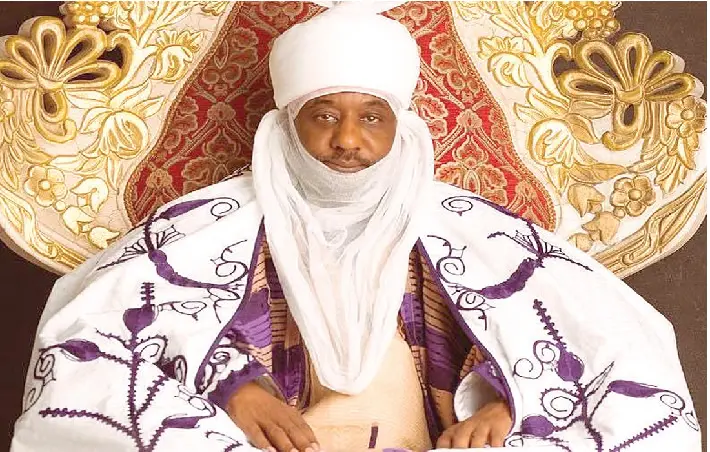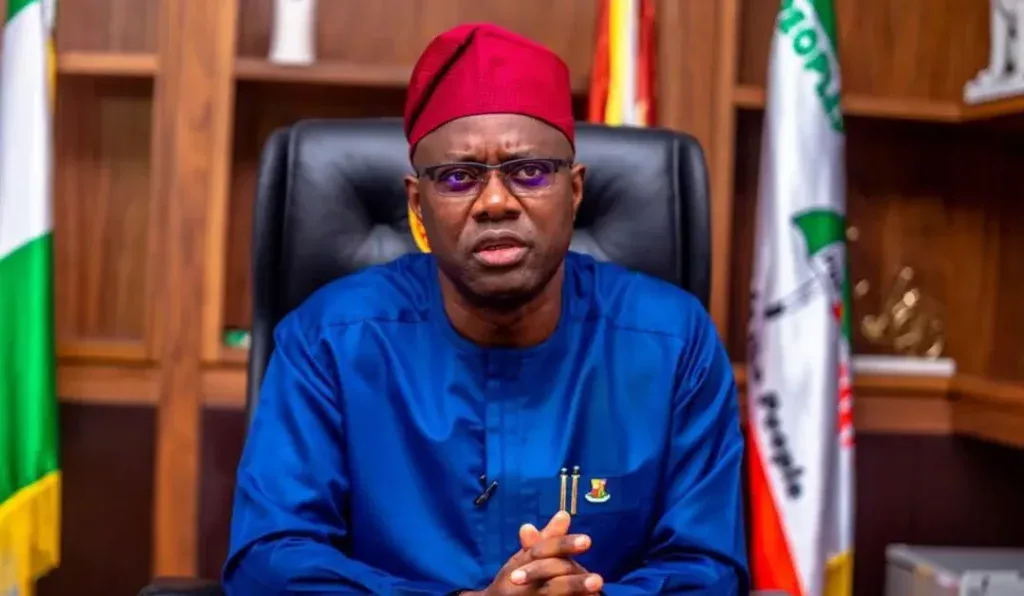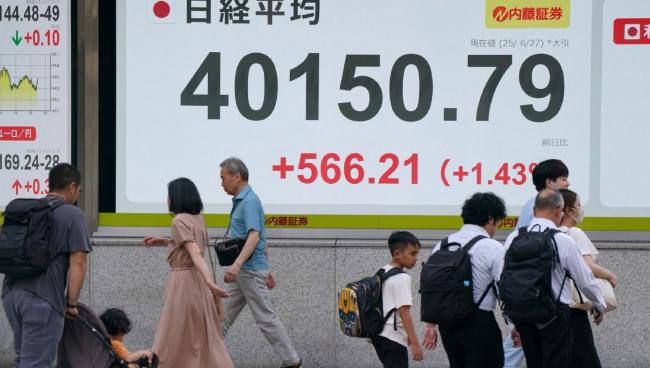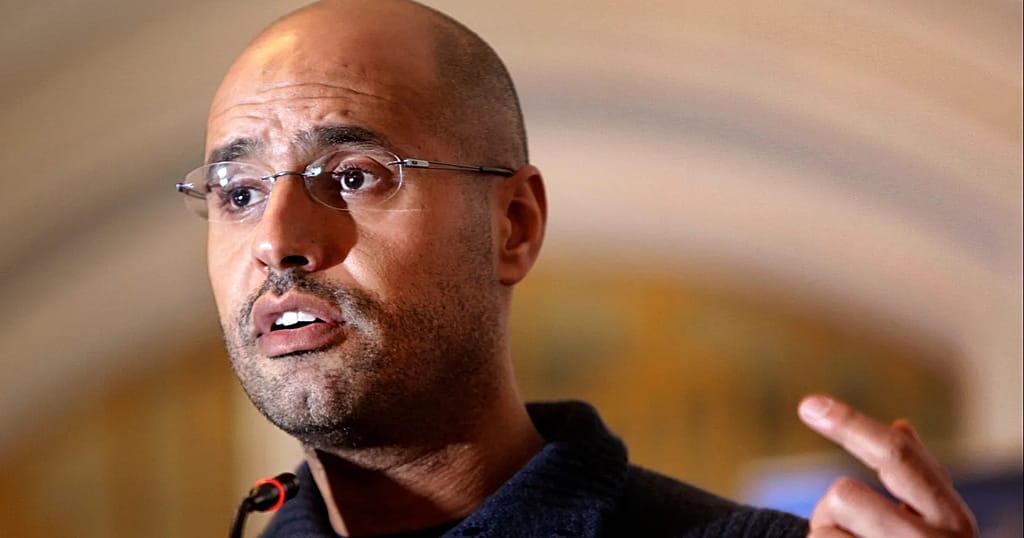A prominent figure in Nigeria’s ruling All Progressives Congress (APC) has shifted blame for the country’s economic challenges to the opposition, escalating a debate over rising public debt and fiscal management. Osita Okechukwu, a foundation member of the APC, asserted on Monday that the Peoples Democratic Party (PDP) and the African Democratic Congress (ADC) bear responsibility for “mortgaging Nigeria’s future” through contentious privatization policies, countering recent criticism of President Bola Tinubu’s administration.
The clash unfolded after the ADC accused Tinubu’s government of “fiscal vandalism” for securing National Assembly approval for £21 billion ($26.7 billion) in foreign loans. The party warned that Nigeria’s public debt could exceed ₦200 trillion ($158 billion) by year-end, with little evidence of economic revival to justify the borrowing. Okechukwu dismissed the allegations, arguing that the ADC and PDP had historically undermined Nigeria’s development through opaque deals, particularly in the energy sector.
“The ADC leadership are the true vandals,” Okechukwu told journalists in Enugu, singling out the privatization of the national power utility, NEPA/PHCN, in the 2000s. He linked prolonged electricity shortages — a persistent drag on economic growth — to the controversial sale of assets under PDP-led administrations. “Nigerians have not slept since the day they auctioned these critical infrastructure under all manner of conspiracy theories,” he said, referencing allegations of mismanagement detailed in a 2009 House of Representatives report. The probe, led by lawmaker Ndudi Elumelu, had flagged $16 billion in alleged irregularities in power sector investments during PDP governance.
Okechukwu, a former Director General of Nigeria’s state broadcaster Voice of Nigeria (VON), also accused the ADC of destabilizing PDP unity ahead of the 2023 elections. Turning to current fiscal policy, he urged restraint in borrowing for recurrent spending but endorsed strategic loans for infrastructure. “Implementing the Oronsaye Report to streamline government agencies and cut waste is urgent,” he said, referencing a long-delayed civil service reform plan. However, he advocated borrowing up to $50 billion to revamp Nigeria’s power grid and prioritize projects like standard-gauge railways and a Niger Delta deep-sea port over incremental upgrades to outdated narrow-gauge lines.
The exchange highlights deepening tensions over Nigeria’s $100+ billion debt burden, which has drawn scrutiny from international creditors. While Tinubu’s government defends borrowing as essential for infrastructure, critics demand accountability for past loans and clearer plans for economic recovery. As fiscal debates intensify, Okechukwu’s remarks underscore the political stakes in addressing decades of underinvestment and alleged mismanagement — challenges that continue to shape Nigeria’s path toward stability.



